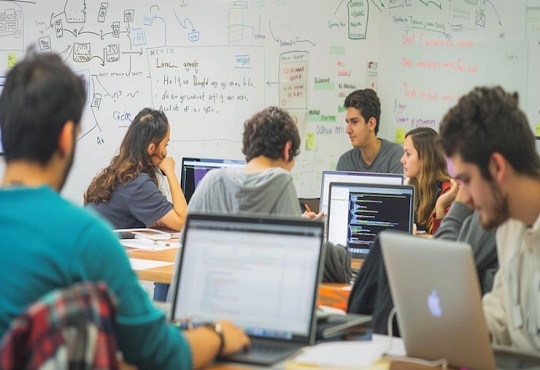AICTE: B.Tech Can Be 3 Years with 160 Credits

- Engineering students can graduate in three years upon completing the required credits.
- Assessments must focus on practical problem-solving, not rote learning, in the AI era.
- Employability requires continuous learning, adaptability, and collaboration with intelligent systems.
The Chairman of the All India Council for Technical Education (AICTE) stated that engineering students should be permitted to graduate in three years upon completing the necessary 160 credits, rather than being forced to participate in a four-year B.Tech program.
Speaking at the STARS Conclave 2025, he argued for modular and flexible higher education. “The four-year B.Tech should not be mandatory. If a student completes 160 credits in three years, he or she should be awarded the degree. Education should create pathways for slow, fast, and quick learners alike,” he said.
The AICTE leader additionally emphasized the importance of reevaluating assessments in the era of Artificial Intelligence. He mentioned that, concerning PARAKH (Performance Assessment, Review, and Analysis of Knowledge for Holistic Development), rote learning assessments are no longer adequate. “You cannot give the same old question bank and ask students not to use AI. Assessments must shift towards practical and descriptive problem solving,” he said.
Also Read: IIT Delhi Invites Applications for Applied Data Science & AI
Emphasizing the significance of connections between education and employment, he cited the unrest in neighboring nations as a cautionary example. “Employability today depends on continuous learning, adaptability, and the ability to work alongside intelligent systems. Our youth are smart and confident, but they need the right direction,” he said.
He mentioned that India has made engineering education accessible, with institutions located throughout the country, from the Andaman and Nicobar Islands to Lakshadweep. “We produce 1.5 million engineers annually, of which only 1–1.5% are from IITs and NITs. The rest come from state and private colleges, and many are driving startups and innovation. That is India’s real strength,” he noted.

.jpg)